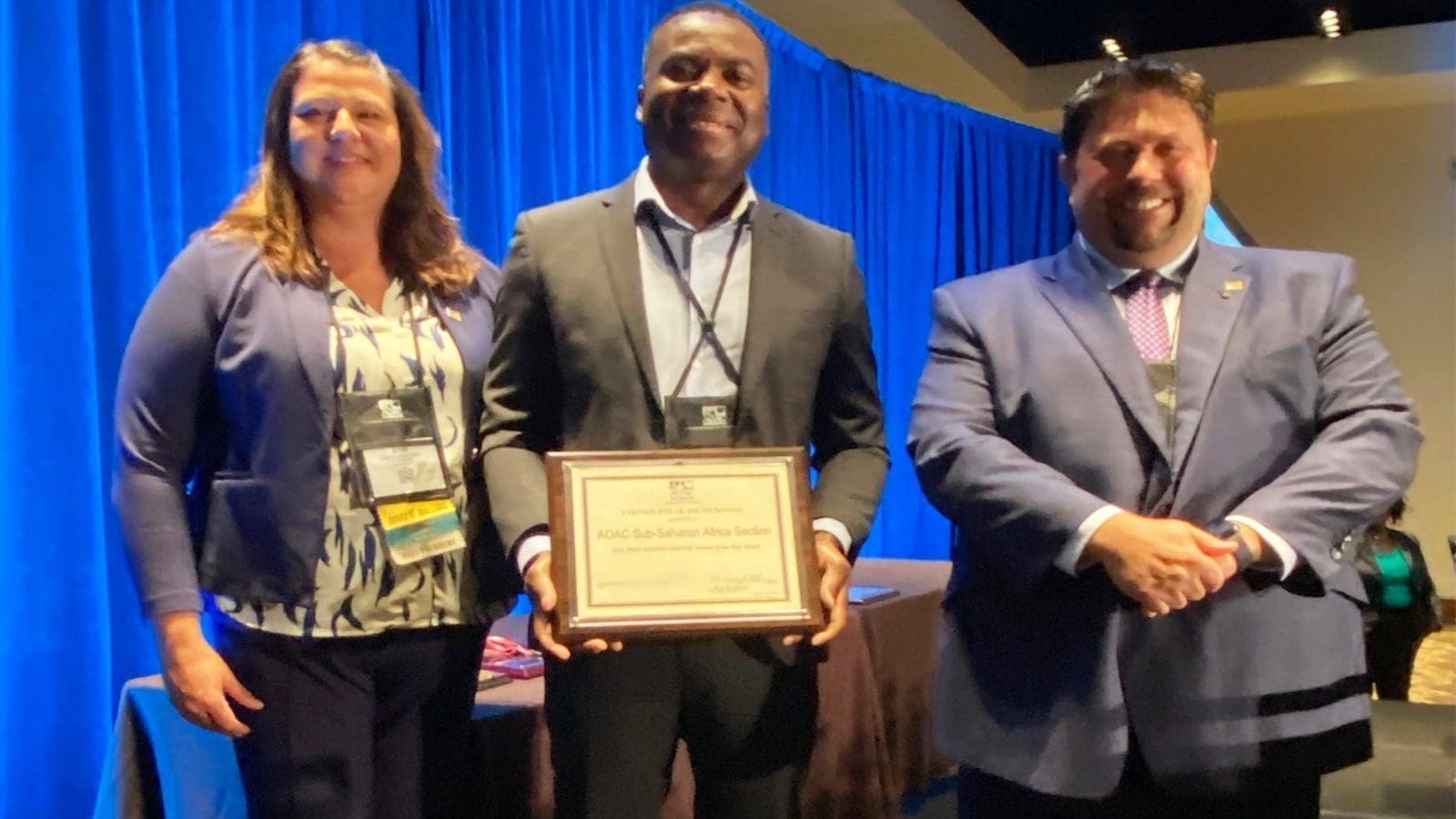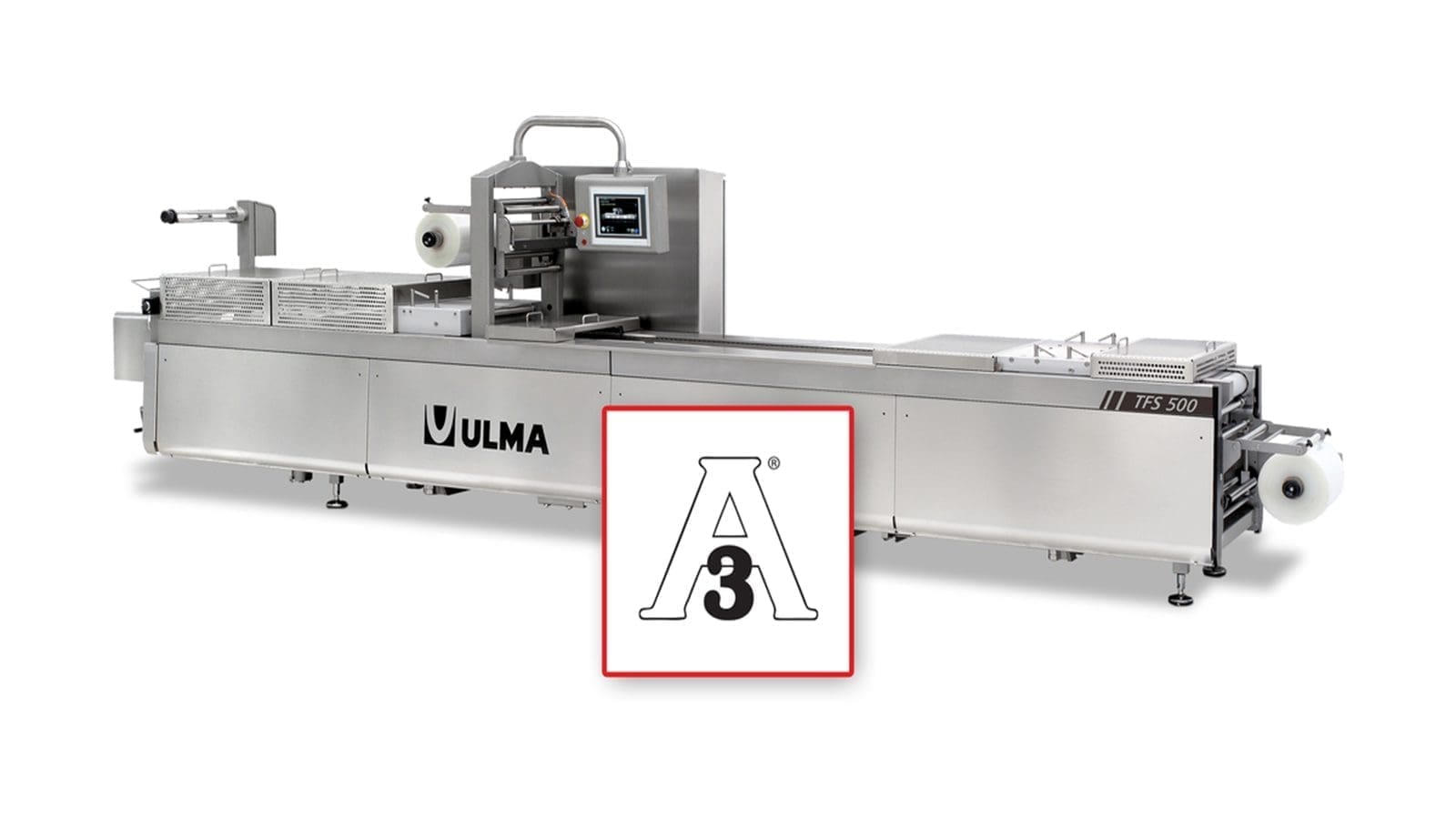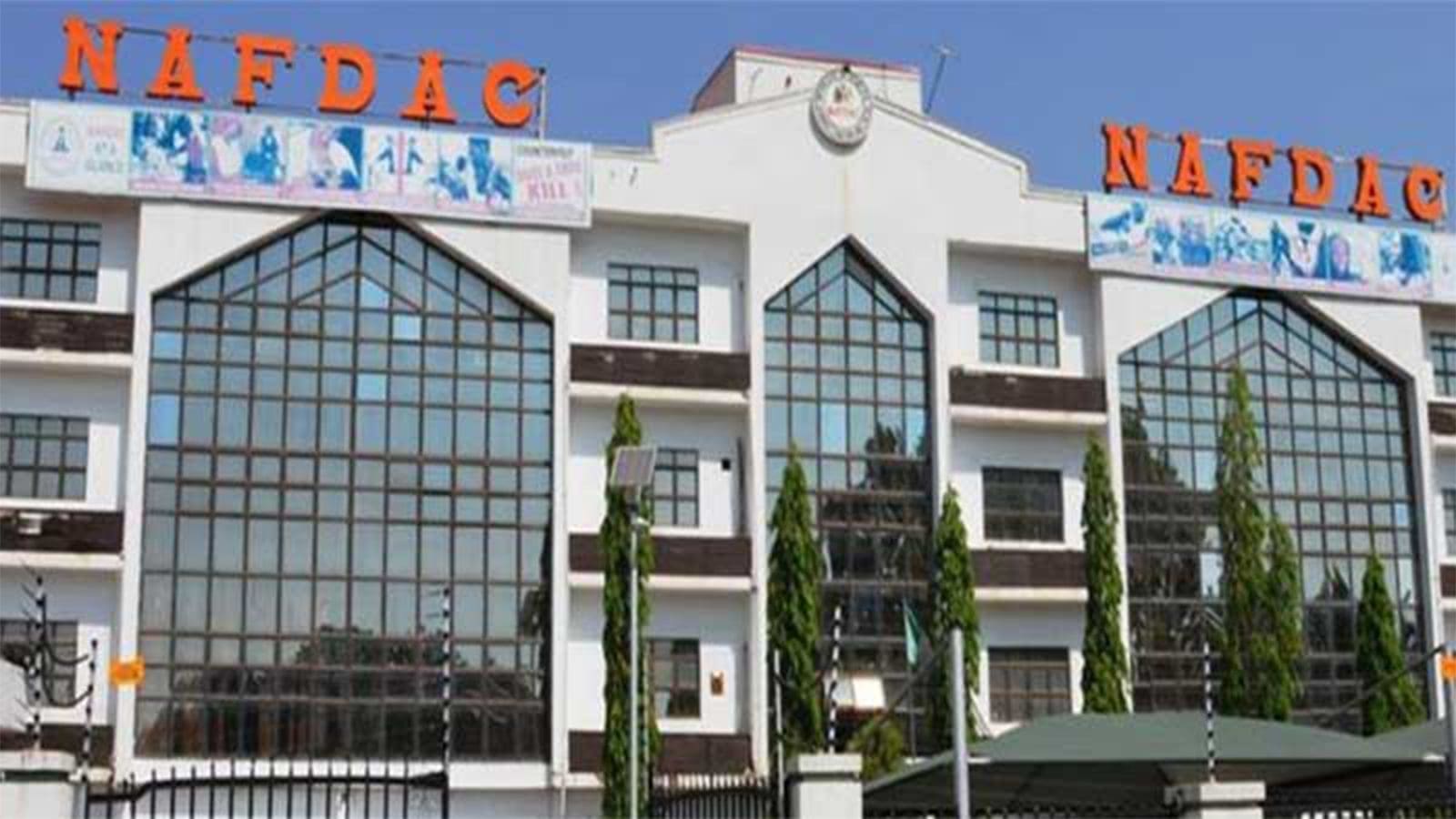AFRICA – AOAC Sub-Saharan Africa has been named “Global Section of the Year”, standing out among AOAC INTERNATIONAL’S 19 regional sections around the world.
The AOAC INTERNATIONAL Section of the Year Award recognizes the role AOAC Sections play in advancing analytical excellence in the areas of food safety, food integrity, and public health.
Building trust in analytical results, the AOAC INTERNATIONAL Africa Section is a premier regional professional scientific association committed to furthering knowledge and best practices in the analytical sciences throughout the region.
“We are naturally delighted. Most importantly, this Award recognizes the key role our members across the continent play every day in advancing food safety capacity in Africa.
“I’d like to thank them for their continued dedication, because so much remains to be done if Africa is to meet its fast-growing food safety analysis and conformity assessment needs, set against the backdrop of increased intra-continental trade in agri-food products as a result of the Africa Continental Free Trade Area (AfCFTA),” Owen Fraser, AOAC Africa’s President said while accepting the award.
Owen recently took part in the Africa Food Safety Summit where he gave an interesting presentation on a rarely discussed topic, “Advances In Laboratory Design & Infrastructure”.
The Section received recognition for supporting several activities all year long, communicating on various platforms, recruiting, and serving the Association – the 4 areas upon which the award is based.
AOAC Africa Section is “committed to making tangible improvements in the continent’s food safety landscape, and continues to engage with potential new partners to increase membership in the region and promote recognition of AOAC.”
Tony Lupo, Global President of AOAC INTERNATIONAL, highlighted the Section’s collaboration with the African Organization for Standardisation (ARSO) and Land O’Lakes Venture37 Collaboration Trade of Agriculture Safely in East Africa (TRASE).
He pointed out that the partnership demonstrates a high degree of credibility to AOAC and supports the established memorandums of understanding (MoU) between AOAC and the two organizations.
“By bringing together members, organizations, and experts dedicated to developing and validating standards, methods, and technologies that are of relevance in the region, Sections help to achieve the vision, mission, and goals of AOAC INTERNATIONAL.
“The Africa Section has done all this and more in 2021 and 2022 in an exemplary fashion. We would especially like to recognize Owen as Section President, for his leadership,” he said.
Committed to improvements
AOAC Africa was also recognized for its 2021 survey on laboratories that brought to light the capacity and accreditation gap in the region.
According to the survey, despite the number of accredited laboratories increasing by 23%, the proportion of accredited laboratories on the continent remains below two-thirds.
In addition, over a third of the laboratories surveyed had no active training programme, which raises serious questions about how well-prepared the Analytical Chemists of Africa’s future will be.
The findings also accentuated the need for governments and their partners to urgently prioritize investment in physical and human analytical capacity.
As stated by AOAC INTERNATIONAL via a press release, the Africa Section is “committed to making tangible improvements in the continent’s food safety landscape, and continues to engage with potential new partners to increase membership in the region and promote recognition of AOAC.”
AOAC Africa comprises not only industry veterans, but also young scientists who participate in its annual meetings, ensuring recognition of AOAC, and succession in the future.
As part of its efforts to align and harmonize its analytical methods, the Section offers an online digital platform fostering sharing and communication between laboratories for regulatory compliance assessment in African countries.
Last year, the AOAC India Section bagged the award in recognition of its collaboration with the country’s standards regulator, the Food Safety and Standards Authority of India.
Liked this article? Subscribe to Food Safety Africa News, our regular email newsletters with the latest news insights from Africa and the World’s food safety, quality and compliance. SUBSCRIBE HERE








